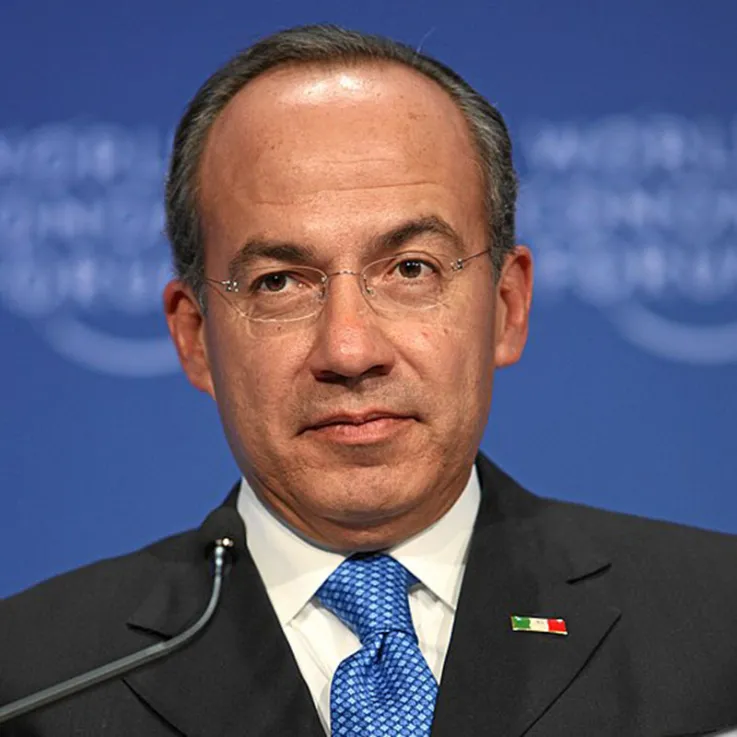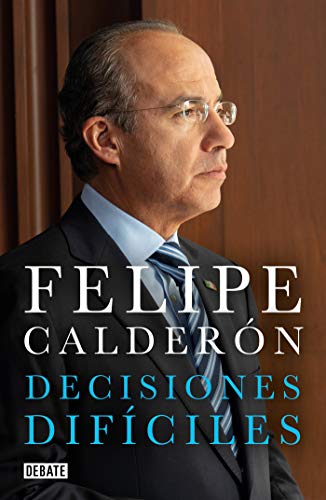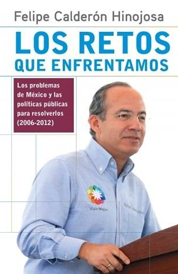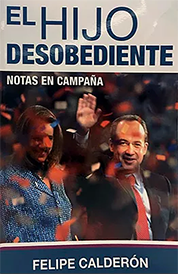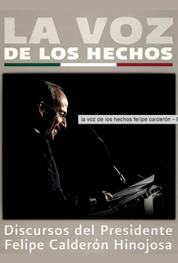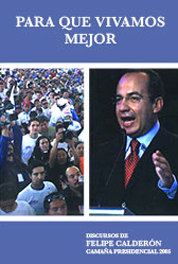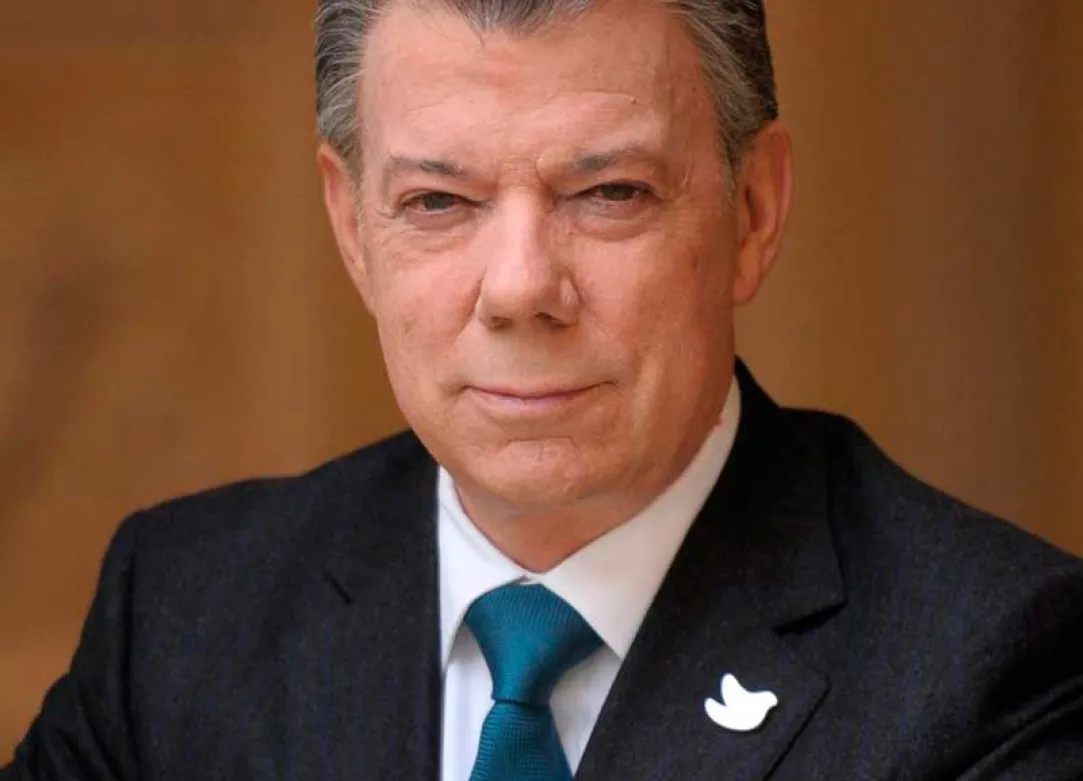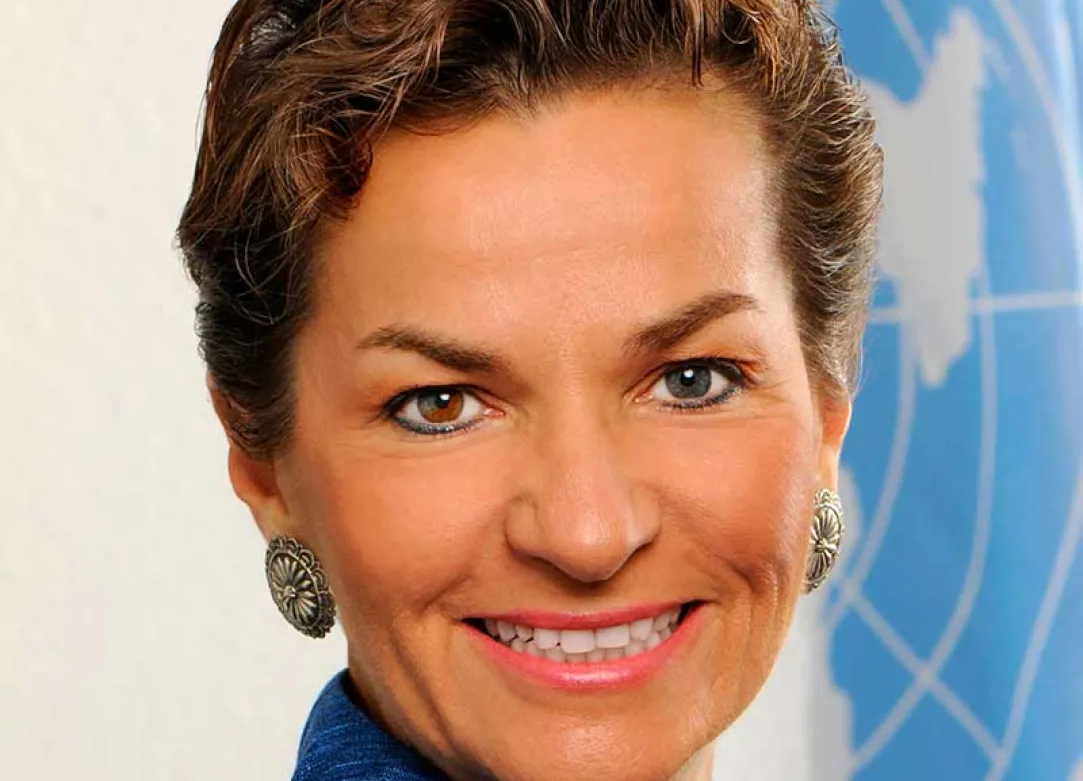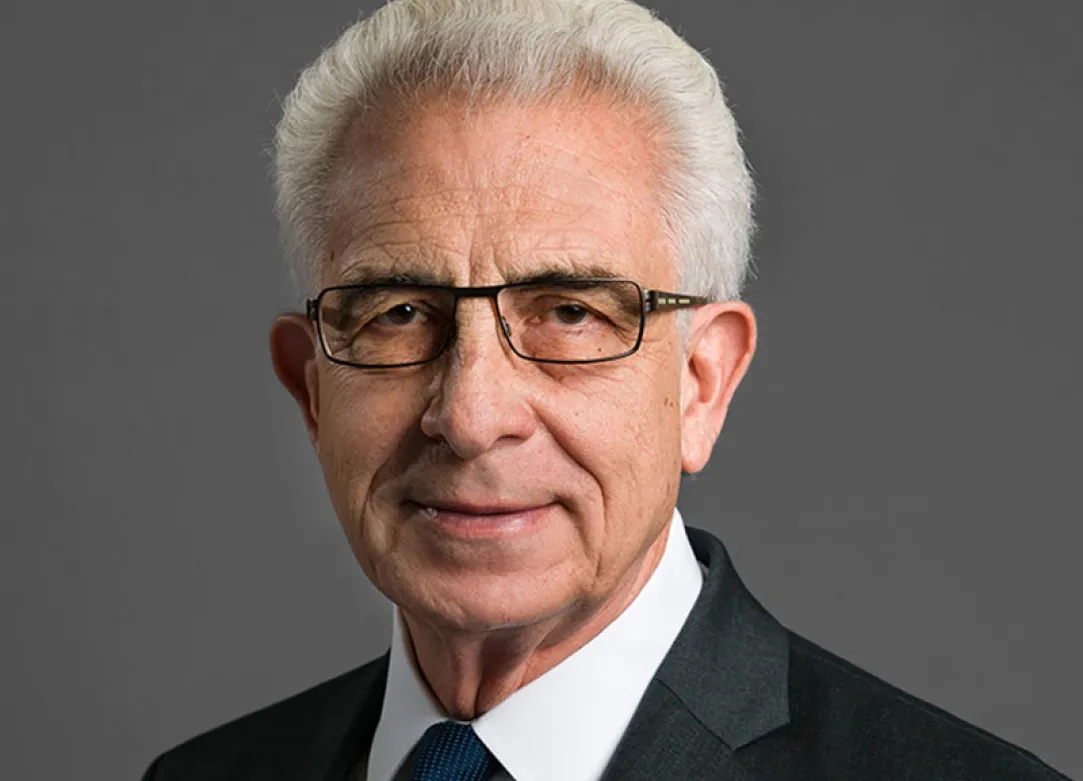Felipe Calderon served as President of Mexico from 2006 to 2012.
President Calderón studied law at the Escuela Libre de Derecho, a Masters in Economics from the Instituto Tecnológico Autónomo de México (ITAM) and a Masters’ in Public Administration from the Kennedy School of Government at Harvard University, where he later was named an Angelopoulos Leadership Fellow.
President Calderón was the first Latin-American and second developing country president chairing the G20 Leaders’ Summit. He also chaired the UN COP 16 Climate Change Conference, which marked a new era of cooperation and set a long-term approach for addressing climate change.
Under his administration the Mexican economy registered stability and economic growth. Despite the impact of the 2009 international economic crisis, he boosted competitiveness in Mexico by deregulating the economy, promoting free trade, competition, private investment and technical education, as well as increasing investment in infrastructure to unprecedented levels. He also led an unmatched effort to enforce the rule of law.
He has been named “Statesman of the Year” by the World Economic Forum, and “Champion of the Earth” by the United Nations.
He is the Honorary Chairman of the Global Commission on the Economy and Climate, in such capacity, he led the “New Climate Economy” Project. Currently, he serves as a member of the Board of Directors of the World Resources Institute, member the Transatlantic Commission on Electoral Integrity and President of the Environment and Sustainability Commission of FIA.
President Calderón is the founder and President of the Human Sustainable Development Foundation in which he is still working in analyzing and proposing public policy alternatives for Mexico, as well as in promoting low-carbon development for the world.
